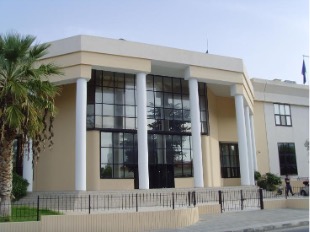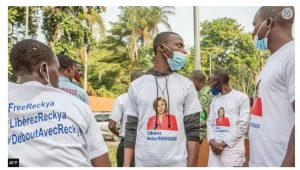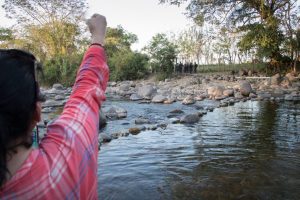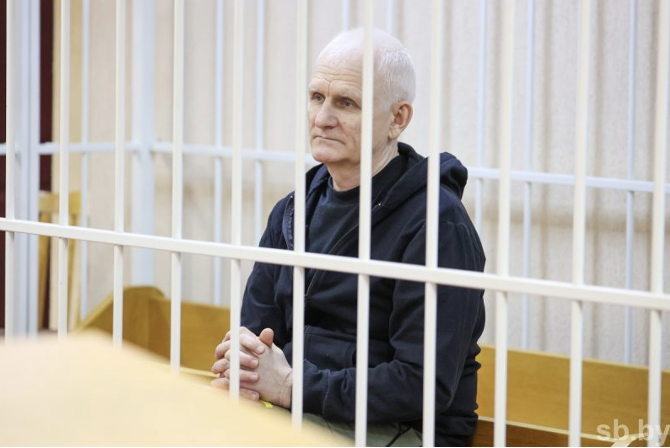By: Patrick Farrell
Journal of Global Rights and Organizations, Associate Articles Editor
THE HAGUE, Netherlands – As previously reported by Impunity Watch News, the ICC issued an arrest warrant for Putin’s arrest due to his role in the atrocities perpetrated during Russia’s war in Ukraine. The public issuing of the warrant was heralded as a significant step for two major reasons. First, in deterring further crimes in Ukraine, and second, widespread support for the indictment has been characterized as a win for the basic principles of humanity. Yet, the Kremlin has directly condemned the ICC’s actions, labeling them as “outrageous and unacceptable” and even rejected the warrant. Given this response, the ICC is now in need of support for the investigation and eventual prosecution. With that said, the Biden Administration is currently at odds with the Department of Defense in determining the nature of the evidence that the United States will share with the ICC regarding Russian atrocities in Ukraine.
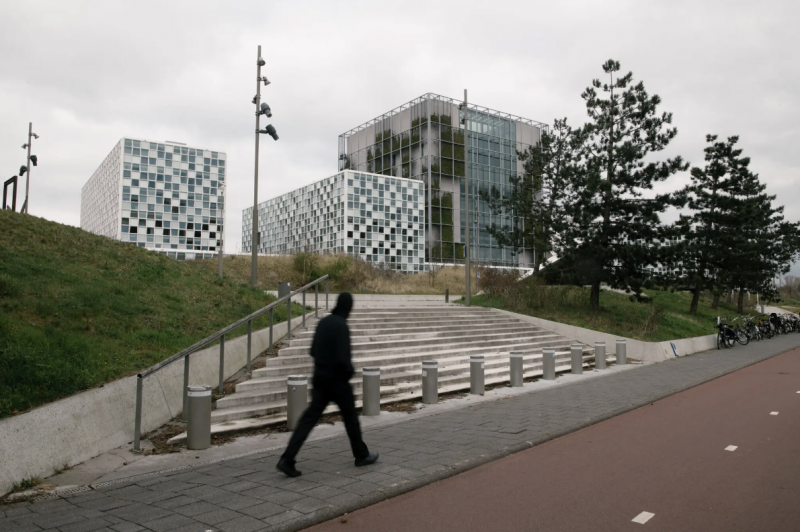
Following a National Security Council cabinet-level principals committee meeting on Feb. 3, President Biden has yet to make a decision to resolve the dispute. Although President Clinton signed the Rome Statute in 2000, he never sent it to the Senate for ratification, thus leaving the United States as a non-party to the Treaty. Further, in 1999 and 2002, Congress enacted laws that limited the support that the government could provide the ICC. However, following the bipartisan push to hold Putin accountable, Congress returned to the question of whether to help the ICC. Pursuant to regulations passed by Congress in December 2022, exceptions now exist that allow the U.S. Government to assist with “investigations and prosecutions of foreign nationals related to the situation in Ukraine.” These new laws, including the Consolidated Appropriations Act, the Justice for Victims of War Crimes Act, and the 2023 National Defense Authorization Act contain new elements highlighting the importance attached to supporting accountability for those responsible for atrocities such as these. Most importantly, the amendments in the Consolidated Appropriations Act allow the United States to provide assistance to the ICC Prosecutor’s efforts in Ukraine, even regardless of whether accusations have been made.
Despite these new powers, the Pentagon has maintained the position that the United States should remain separate from the ICC and that the Court should undertake its own investigation, especially since neither the United States nor Russia are parties to the Rome Statute.
Even amidst these internal tensions, national security experts and other government officials see an opportunity in using the ICC as a tool for enforcing accountability. According to John Bellinger, a lawyer for the National Security Council, the U.S. can assist in investigating and prosecuting war crimes by assisting the ICC, which is the successor to the Nuremberg tribunals. In addition, both Senator Lindsey Graham and Attorney General Merrick Garland have reiterated their commitment to helping Ukrainian prosecutors pursue Russian war crimes.
Even after modifications to longstanding legal restrictions which previously stifled America from aiding the ICC, a dispute now exists over whether the U.S. should provide such evidence. Still, it is hopeful that U.S. officials will come to a solution to assist the collaborative effort to bring justice for Russian atrocities committed in Ukraine.
For further information, please see:
